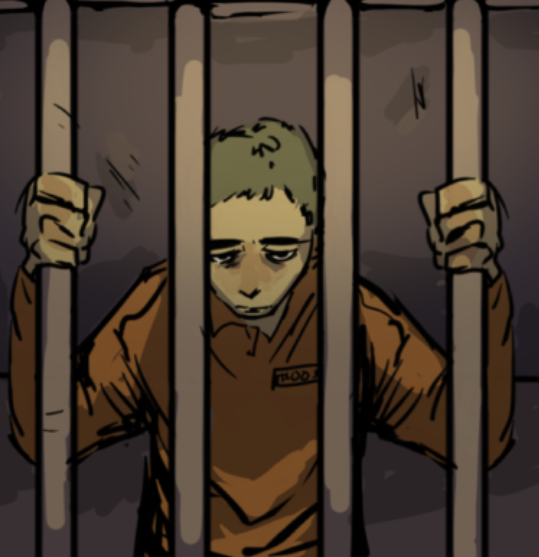Is The Death Penalty Too Far?
December 14, 2021
The death penalty: only 27 states still allow this extreme form of punishment, which begs the question: “Is the death penalty going too far, or is it just another sentence?”
The way I see it, it depends.
While the death penalty is both extreme and irreversible, I believe that in certain situations, the penalty can be justified—however, it should not be something that is given to someone lightly.
A lot of crimes can result in capital punishment, but some of these instances are unfair.
A man that hurts a child or participates in something such as a major act of terrorism should not get the death penalty. I believe they should live with the guilt and reflect on what they’ve done.
At the Oxford shooting, Ethan Crumbley was arrested for shooting a school and killing 4 students. However, he’s 15.
While his actions are irreversible and inexcusable, he’s still a minor. Additionally, I believe he should face life in prison instead of the death penalty. He was emotionally unstable and clearly in a bad state of mind (which in no way justifies his actions), but he should be given the chance to reflect on his actions rather than being sentenced to death.
Striving to make those who are facing the death penalty understand the gravity of their situation could lead to remorse, eventually causing them repent of what they did. While terrorists and others who pose an extreme threat to society should never walk free, they’re still human, and, to an extent, we need to believe that people can learn and understand from their actions and their consequences.
It’s easy to feel passionate about a subject in the heat of the moment. However, capital punishment is irreversible, and thus should only be applied after a fair jury trial as well as a long and hard deliberation after the heat of the situation is over.









 Watch the full video o
Watch the full video o







![Taylor Swift’s newest album titled Midnights 🌙 takes a deeper look at the persona of Taylor herself, and according to reporter Alina Miller, although this isn’t Taylor’s best work, there are highlights worth mentioning about. 💫
Click the link in the bio to check out the full article!
[Photo Caption: Taylor Swift hits all top 10 spots on Spotify’s Billboard Top 100 chart]
#taylorswift #midnights #tiktok #antihero #spotify](https://scontent-iad3-1.cdninstagram.com/v/t51.29350-15/314744727_1556543814822641_1643591421920256829_n.jpg?_nc_cat=110&ccb=1-7&_nc_sid=8ae9d6&_nc_ohc=aDxNzq2snTYAX_gAl0G&_nc_ht=scontent-iad3-1.cdninstagram.com&edm=ANo9K5cEAAAA&oh=00_AfBa4EluVzZT-7d5rKyT6tLJo0UJuCvRJPSCMX71aeO38Q&oe=63965890)



 Watch the full video
Watch the full video 
